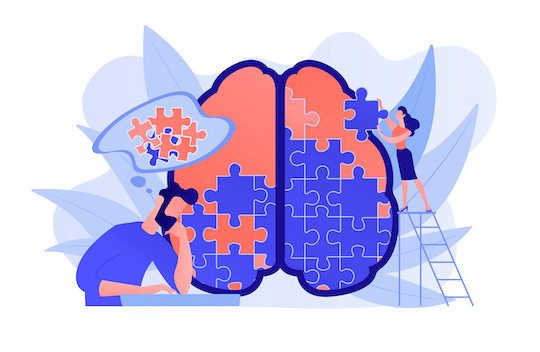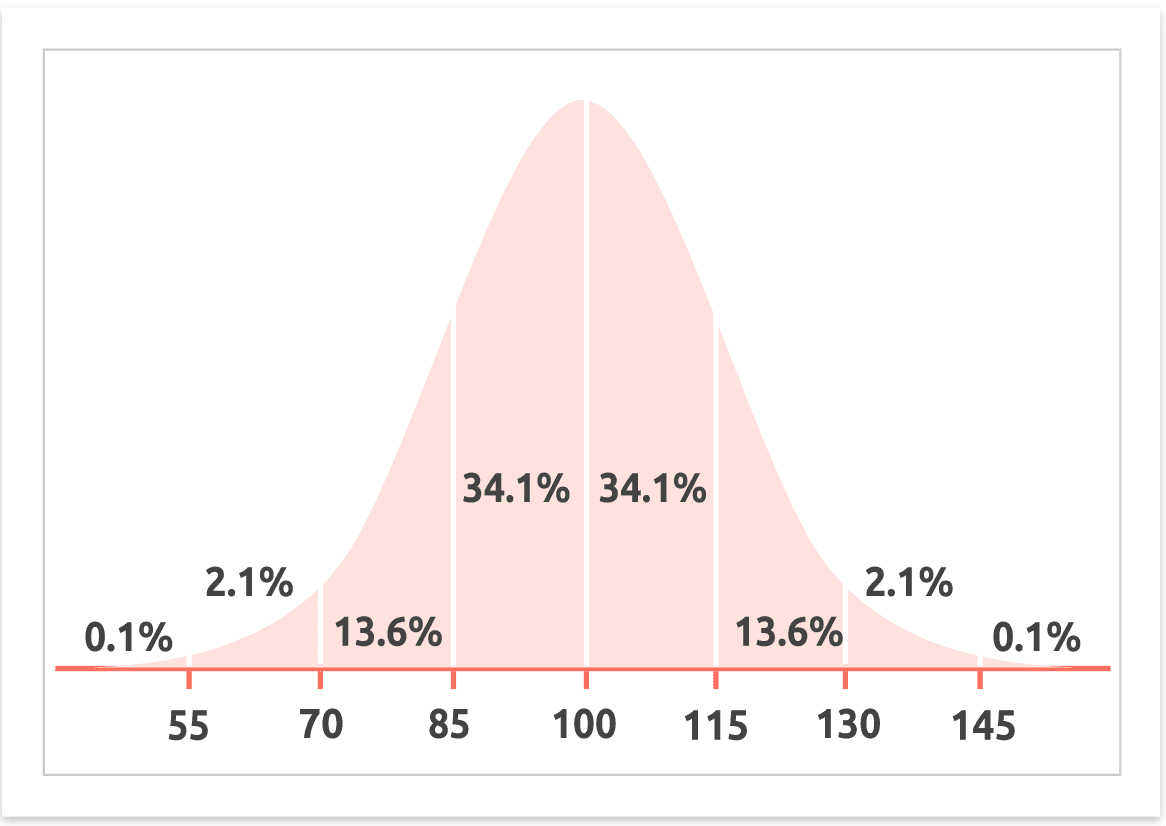
5 Types of brain puzzles for kids and adults
Combining fun and mental training is possible thanks to different types of brain puzzles. These tend to fall in a category that is somewhat between brain games and brain training exercises. This is to say that they have the right mix of entertainment and workout, never feeling like a mindless …
Continue Reading
Spatial intelligence: what is it and how to improve it
Spatial intelligence is part of the multiple intelligences, a concept created by the American psychologist Howard Gardner. Given the difficulty in defining intelligence for its complexity, Garden proposed an approach in which he divides it into different dimensions that are interconnected but have specific characteristics or skills associated with them …
Continue Reading
The Stanford-Binet test
The Stanford-Binet intelligence scale, commonly referred to as the Stanford-Binet test, was developed in the first half of the 20th century by Lewis Terman by revising the Binet-Simon scale. It is still widely used today as both an assessment tool and as the foundation for various IQ tests and intelligence …
Continue Reading
Why are some people smarter than others?
The concept of intelligence still generates discussion within the scientific community. There seem to be as many definitions of intelligence as researchers studying it. IQ tests were developed to provide a means of measuring intelligence, but even these are subject to different measuring scales as it they are dependent on …
Continue Reading
The 8 Types of intelligence
Intelligence is a hard concept to fully grasp, even if researchers have been studying it for more than a century now. One of the most debated topics in the field of intelligence is precisely what the concept entails and if there are more types of intelligence than those psychologists tend …
Continue Reading
What is intelligence?
Despite the century-old development of Intelligence theory in Psychology, there seems to be no consensus on what exactly is intelligence (e.g. Sternberg & Kaufman, 2011, Hampshire et al, 2012). Broadly speaking, intelligence is a person’s “general mental capability” (Gottfredson, 1997, pp.13), involving abstract reasoning, problem-solving, quick learning from experience, etc. …
Continue Reading
Deductive vs Inductive Reasoning
Reasoning is a systematic thought process that derives a conclusion from perceptions, thoughts, or affirmations (Johnson-Laird, 1999). Reasoning informs problem solving and decision making (Vo & Casapó, 2020) and some authors have contended that evolutionary processes might have selected for two main types of reasoning (Jung, 2014): 1) a process …
Continue Reading
9 signs of intelligence in a person
Have you ever wondered if you are an intelligent person? While studying human intelligence, researchers have found some traits or signs of intelligence that are shared by those with skills and reasoning abilities higher than average. Being modest, open-minded, and curious, for example, are traits of character that are always …
Continue Reading
What is the average IQ score?
IQ tests are designed to measure the Intelligent Quotient (or the intellectual level) of an individual and express it in a number. The great majority of these tests use 100 as the average IQ score for the general population. This value is the main reference point of every IQ test. …
Continue Reading
7 Celebrities with a high IQ
Having a high IQ is not synonymous with success, but it is a good indicator that the person has all the right tools to make it big. Thus, it is with no surprise that we also find celebrities with a high IQ thriving in their own careers, especially in the …
Continue Reading